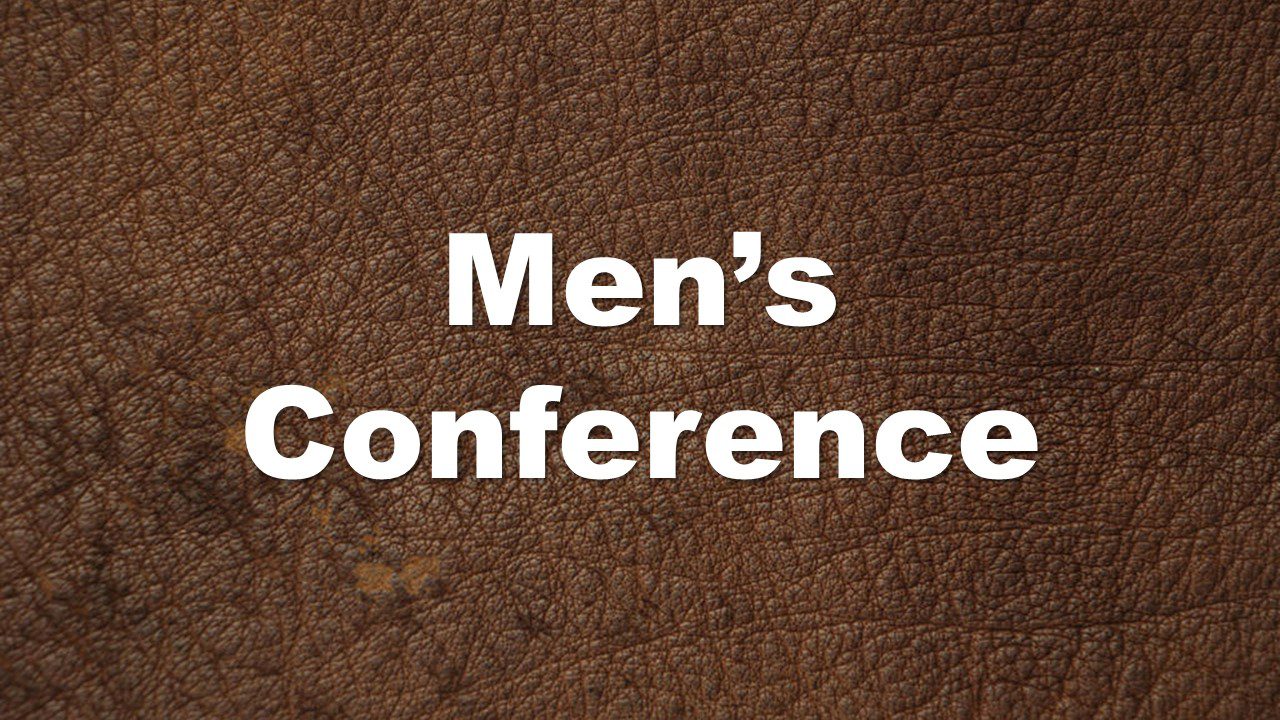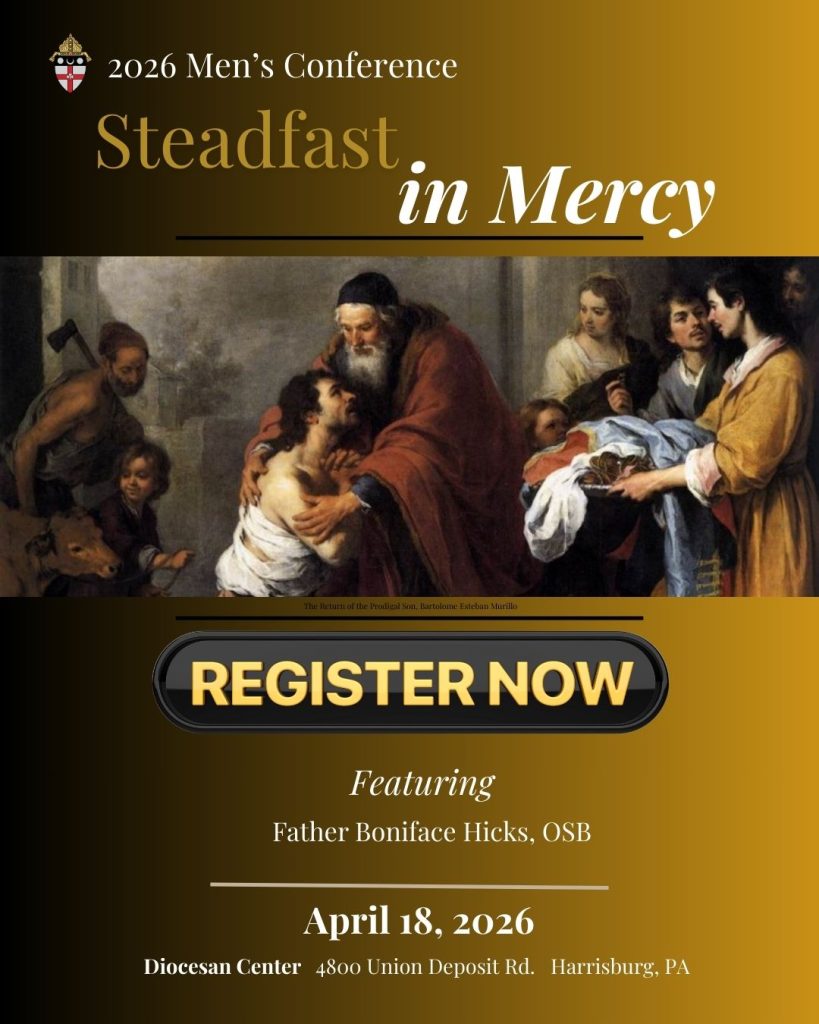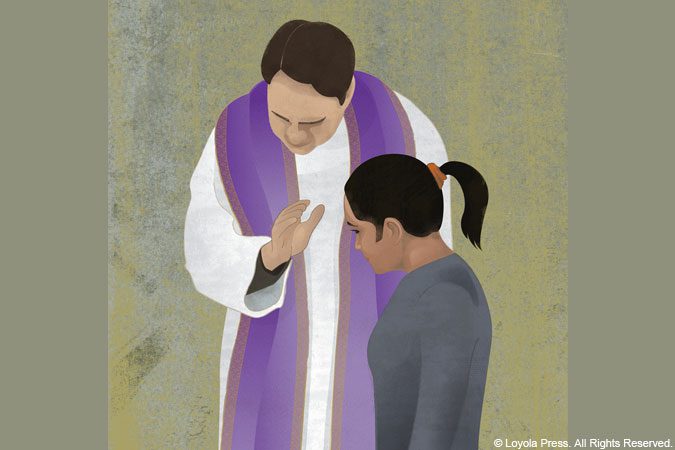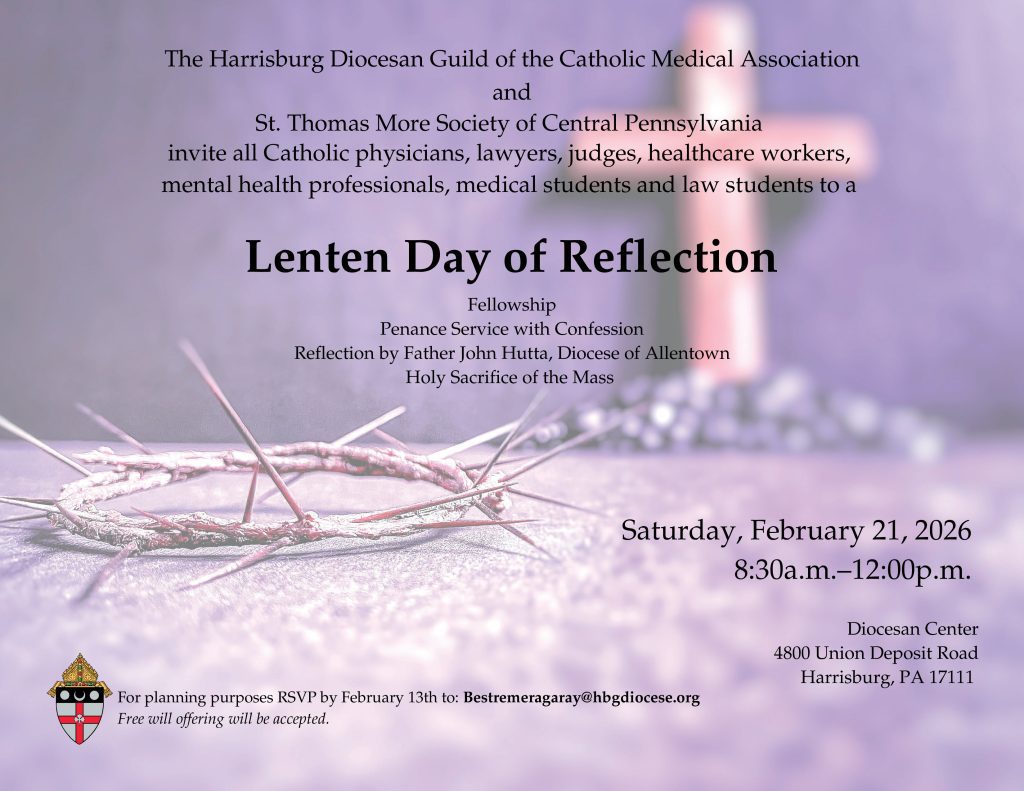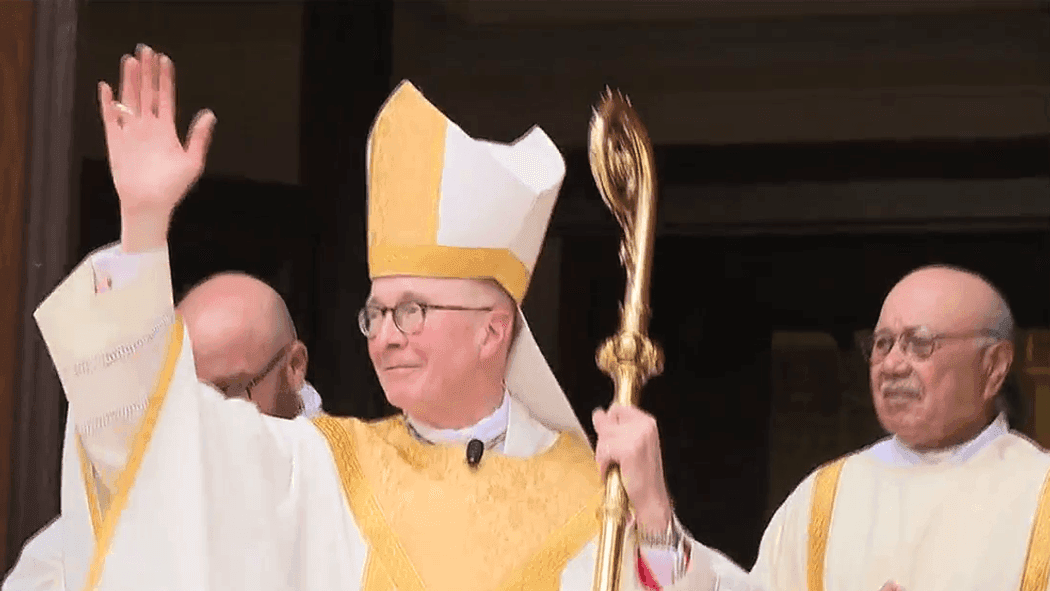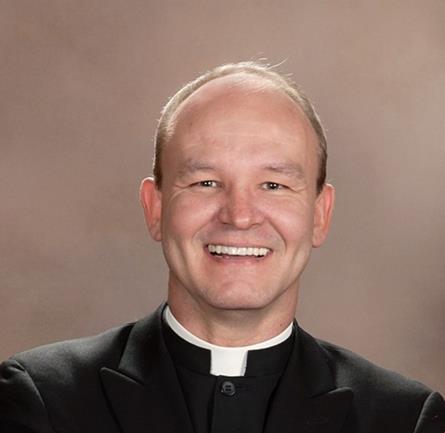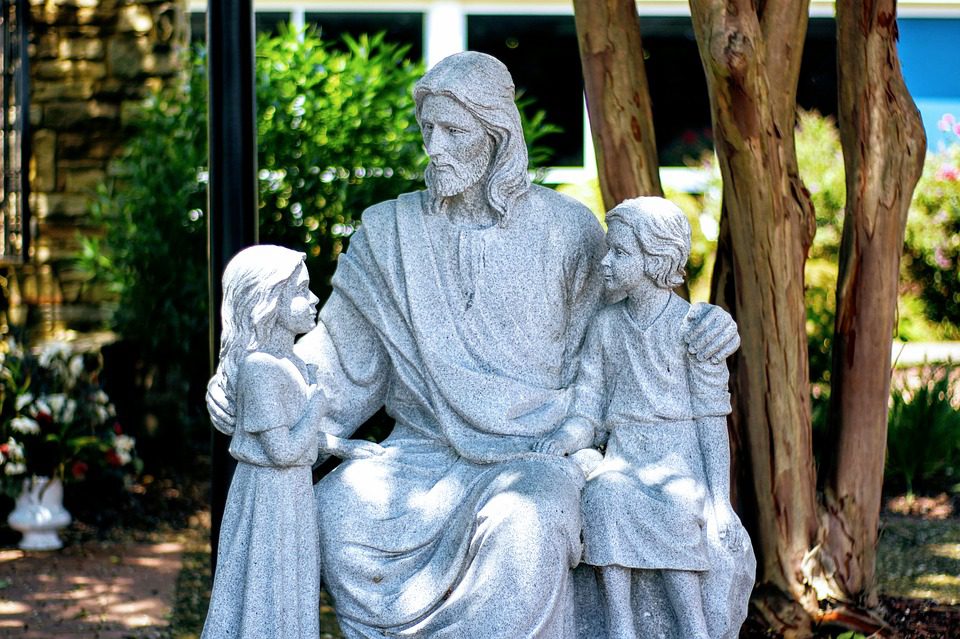Dates:
Friday, February 20, 2026
Friday, March 6, 2026
Friday, March 20, 2026
Location:
Saint Bernadette Catholic Church
901 North High Street
Duncannon, PA 17020
Time:
4:00 pm to 6:30 pm
Prices:
TBD
EAT IN OR TAKE-OUT
Dinner Includes:
Fried or Baked Fish Fillet, Macaroni & Cheese, French Fries,Vegetable, Stewed Tomatoes, Bread Roll, & Apple Sauce & Dessert !
Sponsored by Knights of Columbus Council #8151







